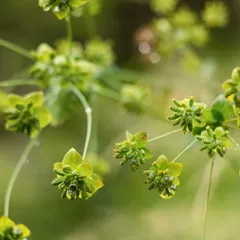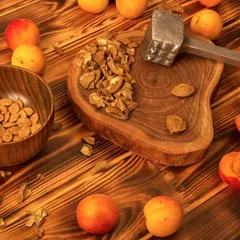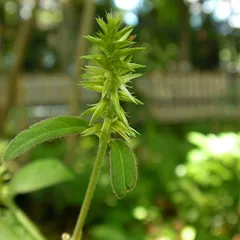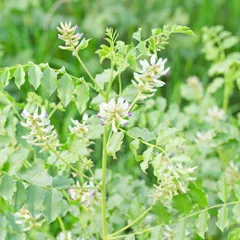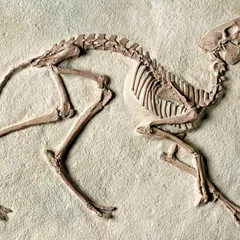Postconcussion syndrome according to Chinese Medicine
The information provided here is not a replacement for a doctor. You shouldn't use it for the purpose of self-diagnosing or self-medicating but rather so you can have a more informed discussion with a professional TCM practitioner.
Postconcussion syndrome factsheet
Possible causes and remedies:
Symptoms: Chest pain Purple lips Palpitations and six other symptoms
Recommended formula: Xue Fu Zhu Yu Tang
Symptoms: Nausea Vomiting Epigastric pain and one other symptom
Recommended formula: Xue Fu Zhu Yu Tang
In Chinese Medicine, postconcussion syndrome can be associated with two so-called "patterns of disharmony". Chinese Medicine sees the body as a system, not a sum of isolated parts. A "pattern" is when the system's harmony is disrupted. It is not equivalent to the Western concept of "disease", as a matter of fact here postconcussion syndrome can be caused by two different patterns.
To understand whether someone's postconcussion syndrome might be caused by a given pattern, one needs to look for signs and symptoms associated with the pattern beyond what one might typically experience from postconcussion syndrome alone. For instance when postconcussion syndrome is caused by the pattern Pericardium Blood Stagnation, patients also experience symptoms such as chest pain, hypochondriac pain, palpitations and painful period. Similarly, patients with Pericardium Blood Stagnation typically exhibit knotted (Jie) or wiry (Xian) pulses as well as a bluish-purple tongue.
We've listed below a description of the two patterns associated with postconcussion syndrome so that you can start to get an understanding of the various possibilities according to Chinese Medicine.
Once identified, patterns are often treated using herbal formulas. Drinking herbal infusions is the most common remedy in Chinese Medicine, together with acupuncture. Here we detail below four formulas that can help treat the various patterns associated with postconcussion syndrome, depending on which pattern fits your profile.
The two "patterns of disharmony" associated with postconcussion syndrome
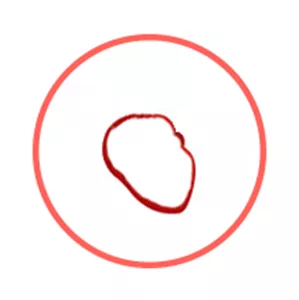
The Pericardium is a so-called "Zang" Organ. Learn more about the Pericardium in Chinese Medicine
Pericardium Blood Stagnation
Pulse type(s): Knotted (Jie), Wiry (Xian)
Tongue color: Bluish-Purple
Recommended herbal formula: Xue Fu Zhu Yu Tang
Symptoms: Chest pain Purple lips Palpitations Purple nails Painful period Hypochondriac pain Shortness of breath Dark clots in menstrual blood Feeling of oppression of the chest
Postconcussion syndrome might be due to Pericardium Blood Stagnation if the condition is paired with typical pattern symptoms such as chest pain, hypochondriac pain, palpitations and painful period. Similarly, patients with Pericardium Blood Stagnation typically exhibit knotted (Jie) or wiry (Xian) pulses as well as a bluish-purple tongue.
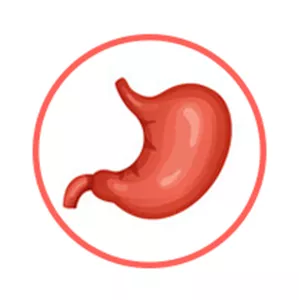
The Stomach is a so-called "Fu" Organ. Learn more about the Stomach in Chinese Medicine
Stomach Blood Stagnation
Pulse type(s): Wiry (Xian)
Tongue color: Bluish-Purple
Recommended herbal formula: Xue Fu Zhu Yu Tang
Symptoms: Nausea Vomiting Epigastric pain Vomiting of blood
Postconcussion syndrome might be due to Stomach Blood Stagnation if the condition is paired with typical pattern symptoms such as epigastric pain, nausea, vomiting and vomiting of blood. Similarly, patients with Stomach Blood Stagnation typically exhibit wiry (Xian) pulses as well as a bluish-purple tongue.
The four herbal formulas that might help with postconcussion syndrome
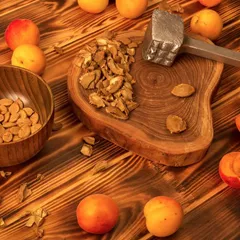
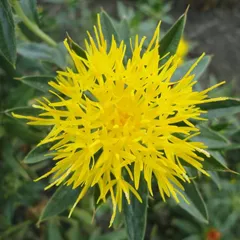
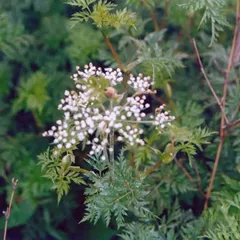
The top herbs in Xue Fu Zhu Yu Tang are Peach Kernels (Tao Ren), Safflowers (Hong Hua) and Szechuan Lovage Roots (Chuan Xiong)
Xue Fu Zhu Yu Tang
Source date: 1830 AD
Number of ingredients: 11 herbs
Key actions: Invigorates the Blood. Dispels blood Stagnation. Spreads the Liver Qi. Unblocks the channels.
Why might Xue Fu Zhu Yu Tang help with postconcussion syndrome?
Because it is a formula often recommended to help with the patterns Pericardium Blood Stagnation and Stomach Blood Stagnation which are sometimes associated with postconcussion syndrome. If any of these patterns look like something you might suffer from, this formula might help (although please seek confirmation with a professional practitioner beforehand).
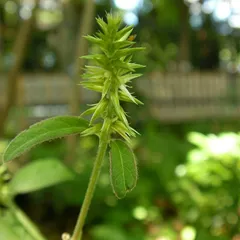
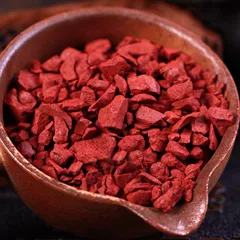
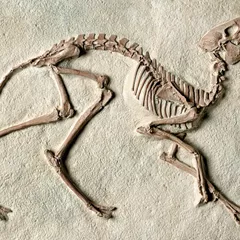
The top herbs in Zhen Gan Xi Feng Tang are Achyranthes Roots (Niu Xi), Hematite (Dai Zhe Shi) and Dragon Bones (Long Gu)
Zhen Gan Xi Feng Tang
Source date: 1918 AD
Number of ingredients: 12 herbs
Key actions: Sedates the Liver. Axtinguishes Wind. Nourishes the Yin. Anchors the yang.
Why might Zhen Gan Xi Feng Tang help with postconcussion syndrome?
Because it is a formula often recommended to help treat , a pattern sometimes associated with postconcussion syndrome. If it looks like you might suffer from , this formula might help (although please seek confirmation with a professional practitioner beforehand).
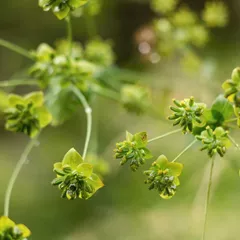

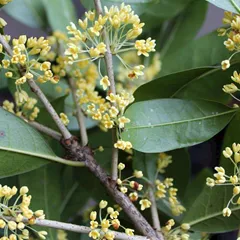
The top herbs in Chai Hu Jia Long Gu Mu Li Tang are Bupleurum Roots (Chai Hu), Baikal Skullcap Roots (Huang Qin) and Cinnamon Twigs (Gui Zhi)
Chai Hu Jia Long Gu Mu Li Tang
Source date: 220 AD
Number of ingredients: 12 herbs
Key actions: Unblocks the three Yang warps. Sedates and calms the Spirit.
Why might Chai Hu Jia Long Gu Mu Li Tang help with postconcussion syndrome?
Because it is a formula often recommended to help treat , a pattern sometimes associated with postconcussion syndrome. If it looks like you might suffer from , this formula might help (although please seek confirmation with a professional practitioner beforehand).

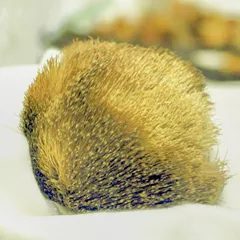
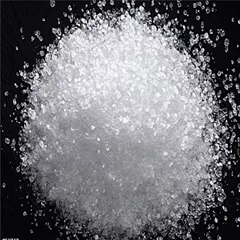
The top herbs in Su He Xiang Wan are Styrax (Su He Xiang), Musk (She Xiang) and Borneol (Bing Pian)
Su He Xiang Wan
Source date: 752 AD
Number of ingredients: 15 herbs
Key actions: Warms and aromatically opens the sensory orifices. Promotes the movement of Qi. Transforms turbidity.
Why might Su He Xiang Wan help with postconcussion syndrome?
Because it is a formula often recommended to help treat , a pattern sometimes associated with postconcussion syndrome. If it looks like you might suffer from , this formula might help (although please seek confirmation with a professional practitioner beforehand).
Symptoms related to postconcussion syndrome
Chest pain Hypochondriac pain Palpitations Painful period Dark clots in menstrual blood Feeling of oppression of the chest Shortness of breath Purple lips Purple nails Epigastric pain

